By Eric T. Baker
Creative Assembly, and its publishers at Sega, have become the last, best hope of grognards who want triple A quality wargames on the PC. There are many double A strategic and tactical wargames, and there are lots of single A titles, but only Creative gets the budget and the “push” to turn out really slick, really detailed, really pretty titles. Since 1999 its games have been the standard against which other games in this genre are judged. Their latest game is Empire: Total War.
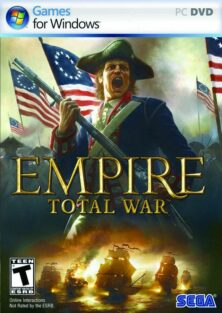 Empire is set during the 18th century and its tutorial campaign is the American Revolution. This smaller scale (compared to the main campaign that has 12 factions from France to the Ottoman Empire) conflict serves to introduce new and returning players to the latest version of the Total War engine. As with other TW games, play is divided between turn-based strategy play and real-time tactical combat. The strategy play has been streamlined and expanded so that there is more happening at the strategic level than ever before, but the interfaces to control it all are simpler. On the tactical side, ship combat has been added.
Empire is set during the 18th century and its tutorial campaign is the American Revolution. This smaller scale (compared to the main campaign that has 12 factions from France to the Ottoman Empire) conflict serves to introduce new and returning players to the latest version of the Total War engine. As with other TW games, play is divided between turn-based strategy play and real-time tactical combat. The strategy play has been streamlined and expanded so that there is more happening at the strategic level than ever before, but the interfaces to control it all are simpler. On the tactical side, ship combat has been added.
Ship combat shows Empire at both its best and its less best. First, players must slow the game down because the ships seem to be powered by dual Mercrusiers. Second, the ships require more minding than they should. Using the manual button to shoot a full broadside does significantly more damage than letting the ship fire at will. More annoyingly, the AI seems unable to keep ships in even the simplest formations. Third, the graphics of the combats are just gorgeous, from the animations of the crews to the smoke from the cannons to the splintering of impacted masts and hulls, and yet the sail graphics never seem to match the setting.
So, good as it is, Empire isn’t perfect, but make no mistake: Empire is as close to perfection as computer wargames get.
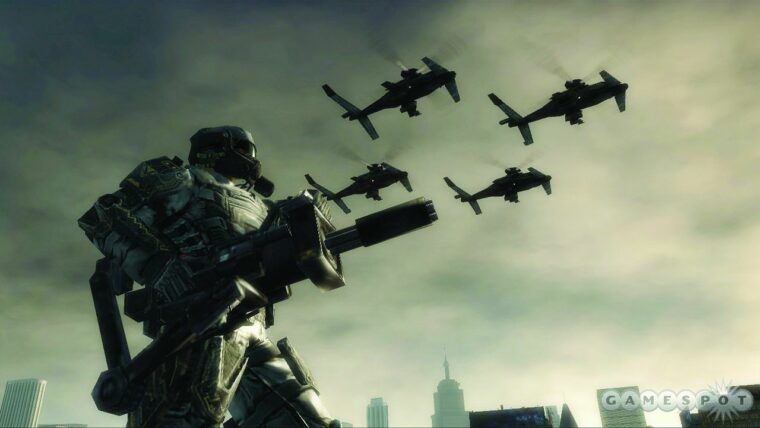
Tom Clancy’s EndWar from Ubisoft for the PS3, Xbox 360, and the PC is a much simpler game. In fact, where a battle in Empire can take over an hour and even the limited campaigns can take days, the average engagement in EndWar takes 15 minutes to half an hour. There is both a single- player and a persistent online campaign in EndWar, but they are simply matters of battles on designated maps. There is no strategic empire building mechanic. Endwar is much less of a commitment.
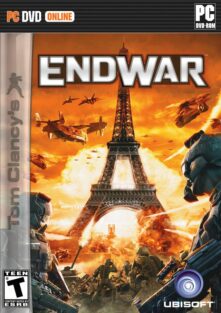 Ubisoft’s goal was to create a real-time strategy game that is playable on consoles. To make up for the many buttons that consoles lack, the gameplay is directed by voice commands. Units, friendly and enemy, are given a number and a color designation. Objectives are given a letter designation. So a typical command would be “Blue 3 attack Red 2.” Special attacks, groupings, and changes of the camera view are all called out in a similar format. Because of the limited vocabulary it has to know, the game is good at recognizing the commands.
Ubisoft’s goal was to create a real-time strategy game that is playable on consoles. To make up for the many buttons that consoles lack, the gameplay is directed by voice commands. Units, friendly and enemy, are given a number and a color designation. Objectives are given a letter designation. So a typical command would be “Blue 3 attack Red 2.” Special attacks, groupings, and changes of the camera view are all called out in a similar format. Because of the limited vocabulary it has to know, the game is good at recognizing the commands.
The voice commands are a good mechanic, so good that in online matches, players using voice easily overrun those trying to use buttons, but the rest of the game suffers from a lack of “Wow.” Perhaps because of the near-future setting, all of the units have a generic feel, and all three factions play exactly the same way. Units can be leveled between battles, but if they die in the next fight, all their upgrades are lost. Endwar is a decent choice for console gamers, but PC gamers have many better options for this type of game.
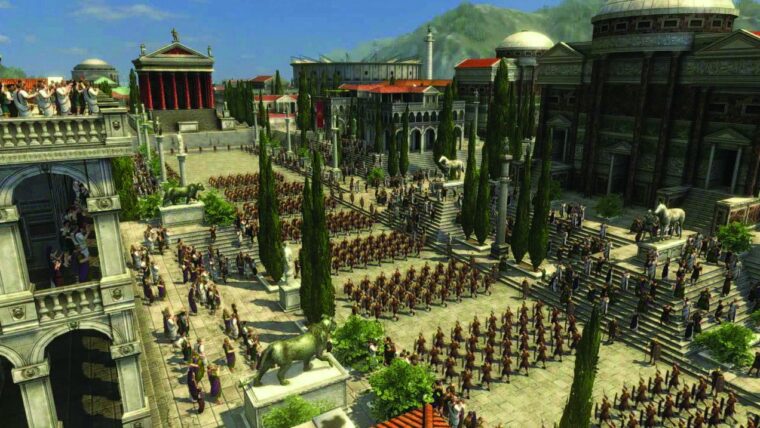
Grand Ages: Rome is a city-building game set in the Roman era. The player starts on a patch of ground near the Tiber and creates a city, one building at a time. Along the way the game hands out missions (conquest, building, etc.) that the player can complete to add more city locations and more resources to build with.
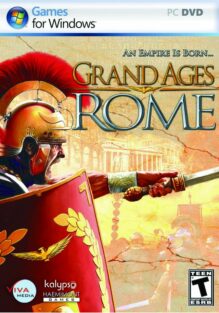 Like Empire, GA:R does a good job of summarizing the player’s resources, buildings, and units so that he or she can tell at a glance what parts of the empire are running well and which need help. GA:R also does a terrific job with its animations. Both in the battle and just in the day-to- day street life of the city, the models are detailed and the animations are natural. In combat the AI is not brilliant, but it is at least aggressive so that the player is not constantly forced to bring the battle to the computer’s units.
Like Empire, GA:R does a good job of summarizing the player’s resources, buildings, and units so that he or she can tell at a glance what parts of the empire are running well and which need help. GA:R also does a terrific job with its animations. Both in the battle and just in the day-to- day street life of the city, the models are detailed and the animations are natural. In combat the AI is not brilliant, but it is at least aggressive so that the player is not constantly forced to bring the battle to the computer’s units.
Judged on its own merits, GA:R is good game that will kill many hours. It is a competent game engine set in an exciting time of history. It isn’t as polished or as deep in its game play as Empire, but those limits allow it to be played much more quickly and give it a smaller learning curve.
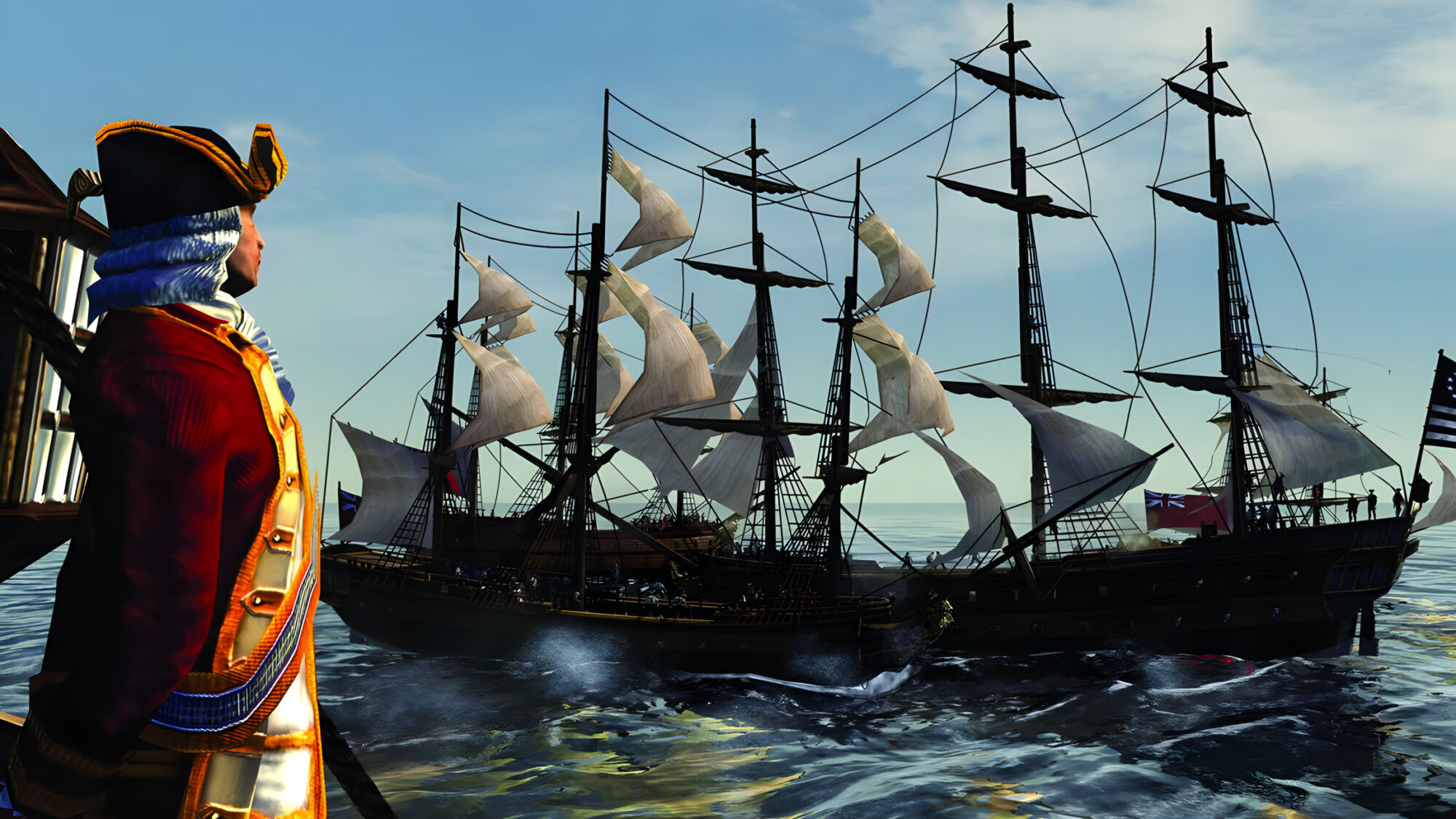
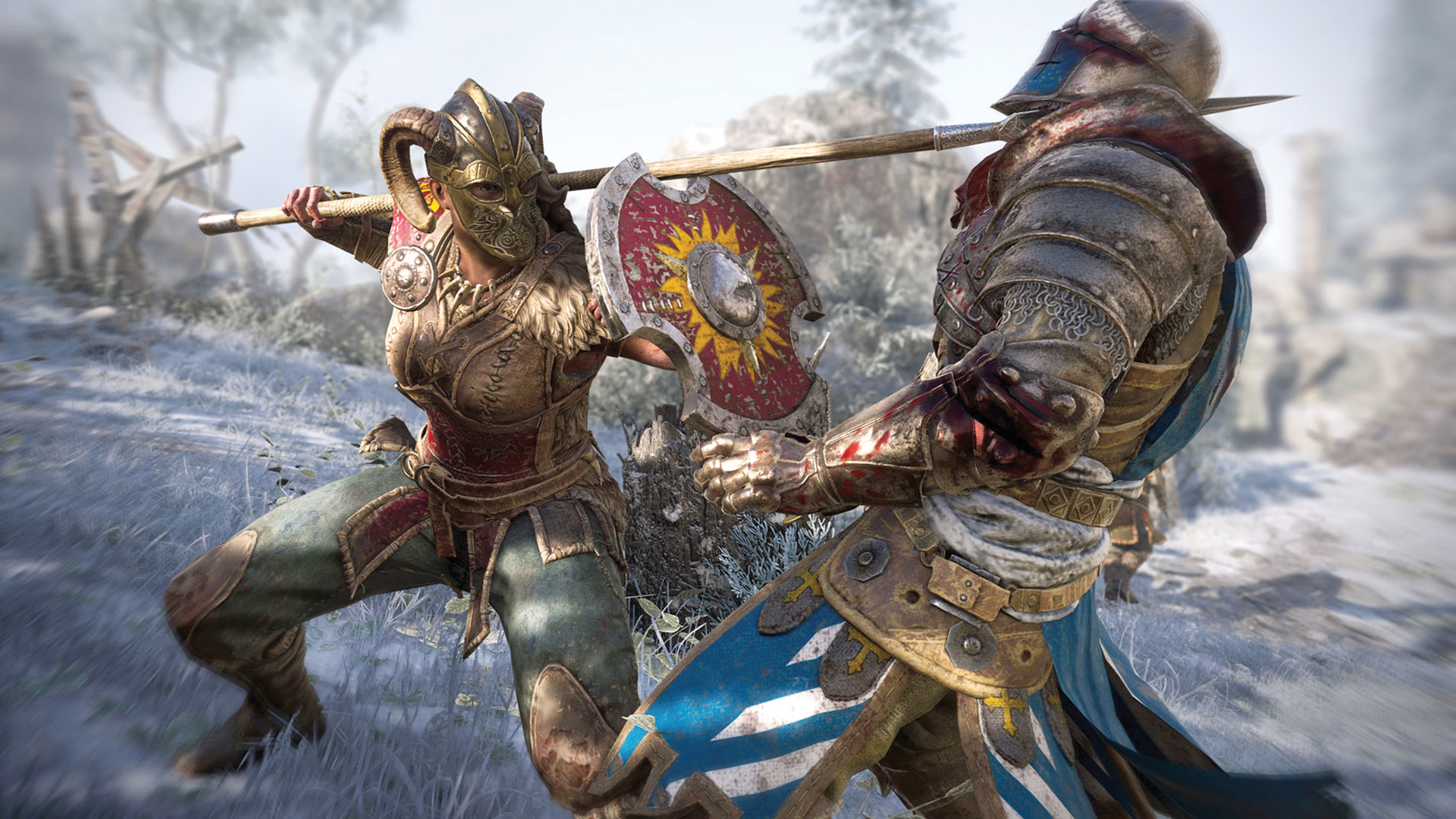
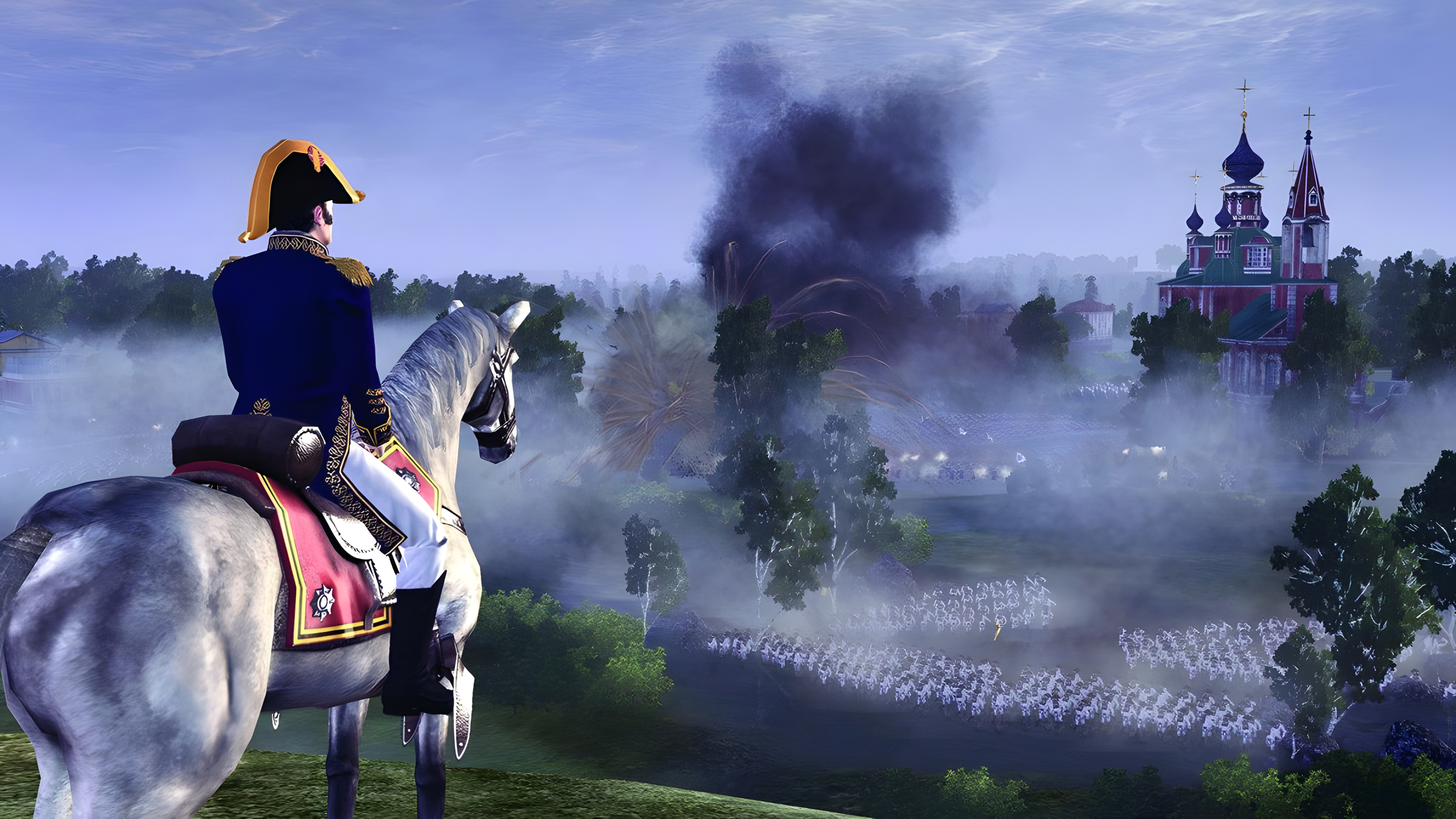
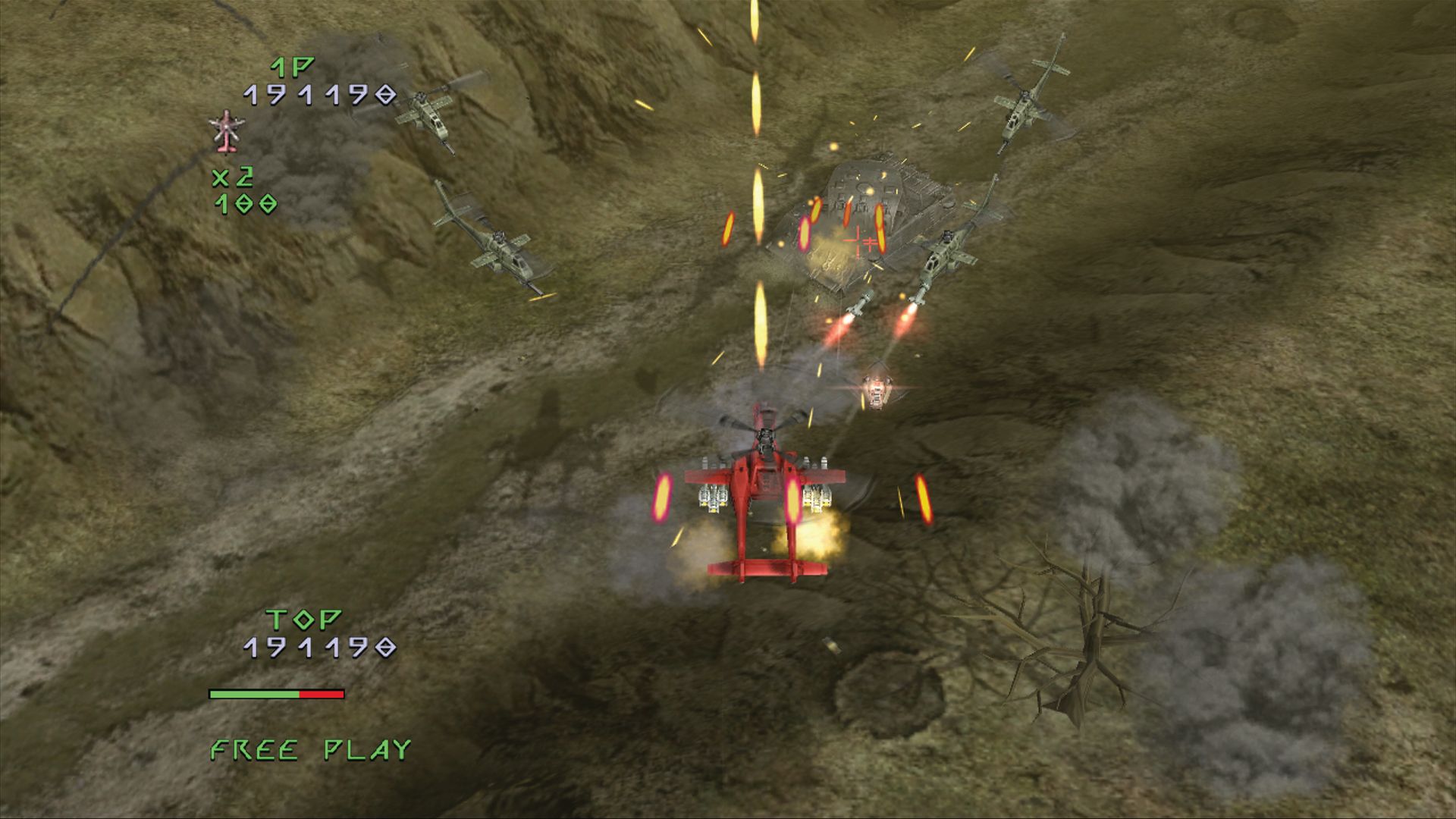
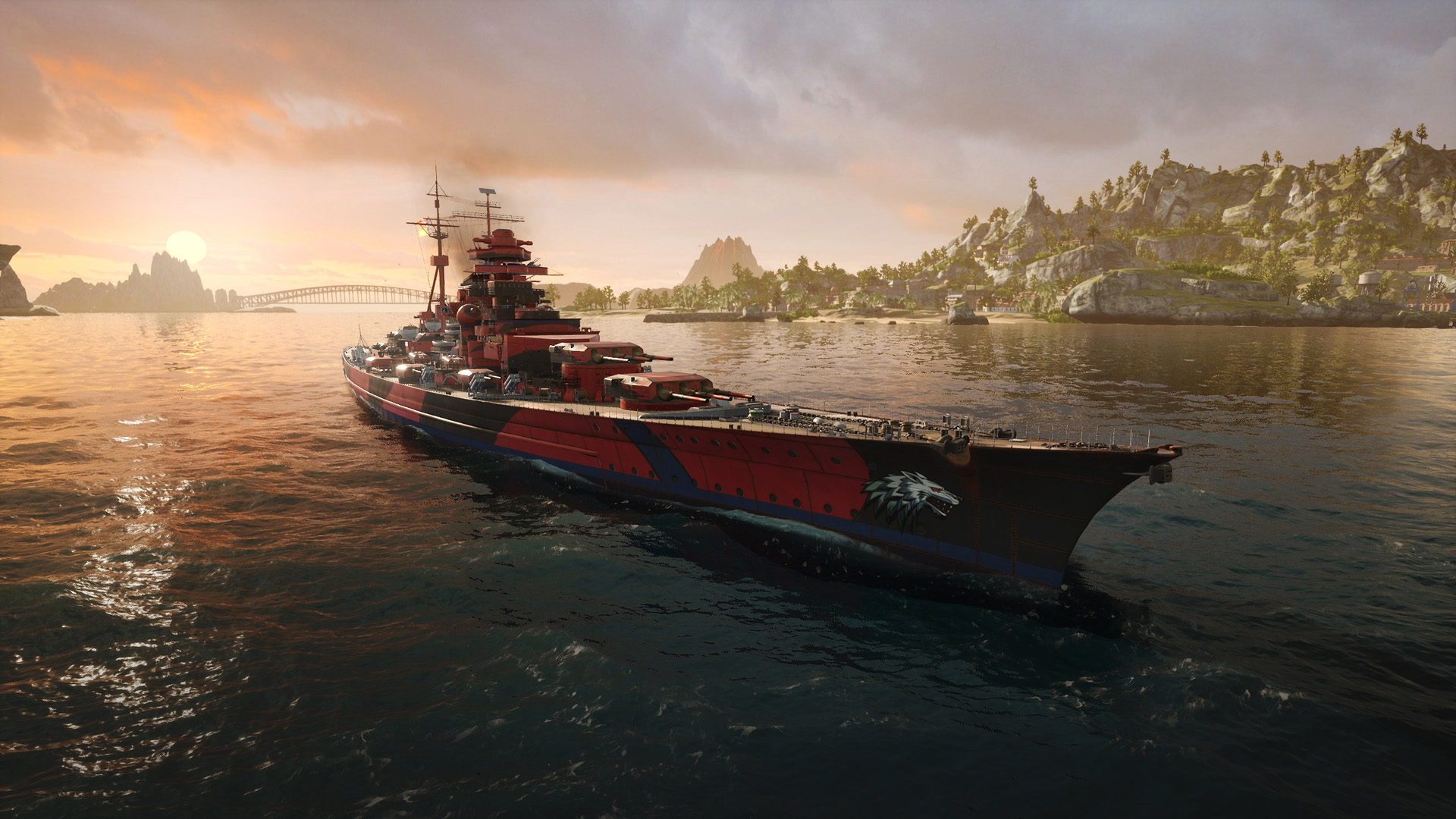
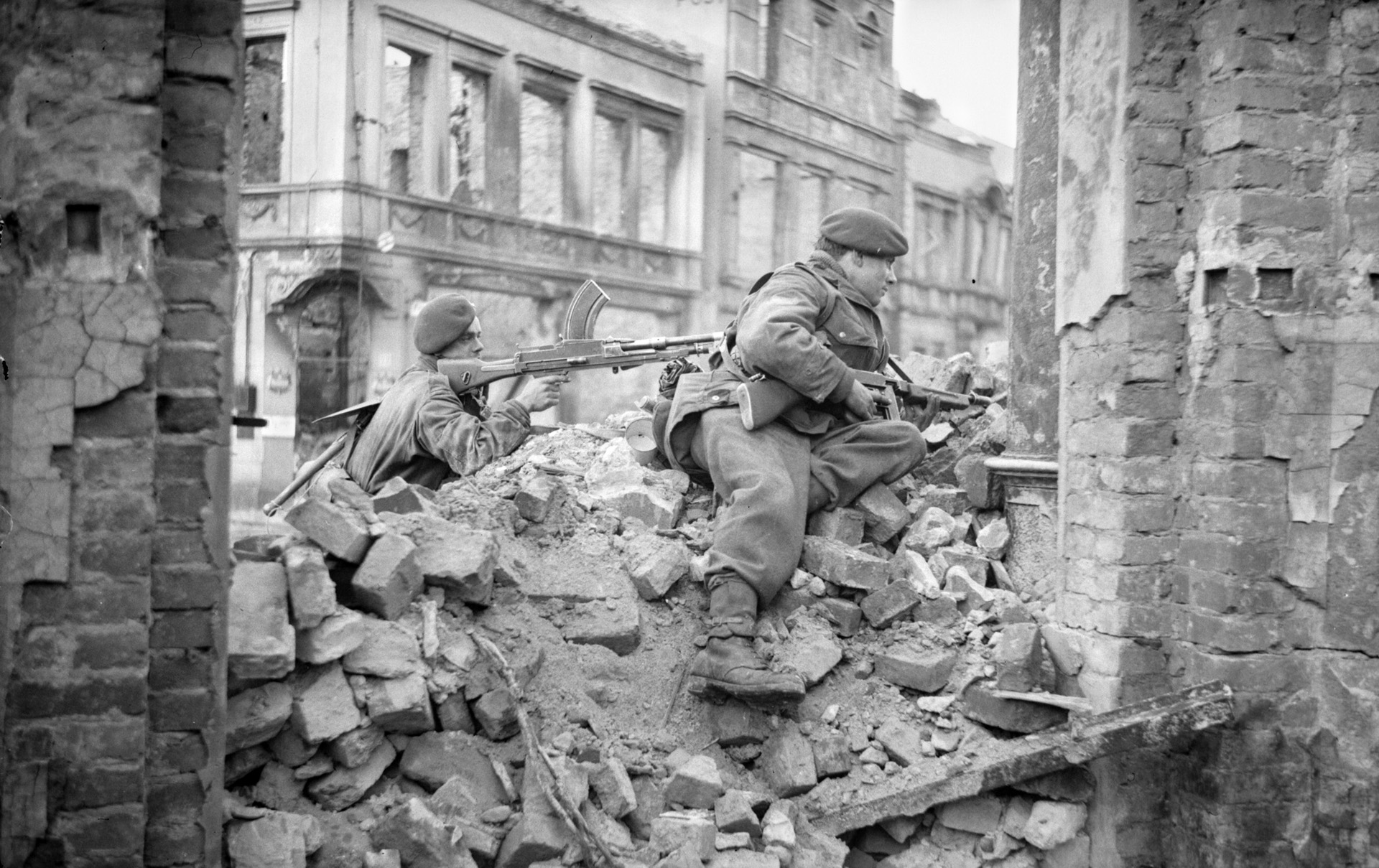
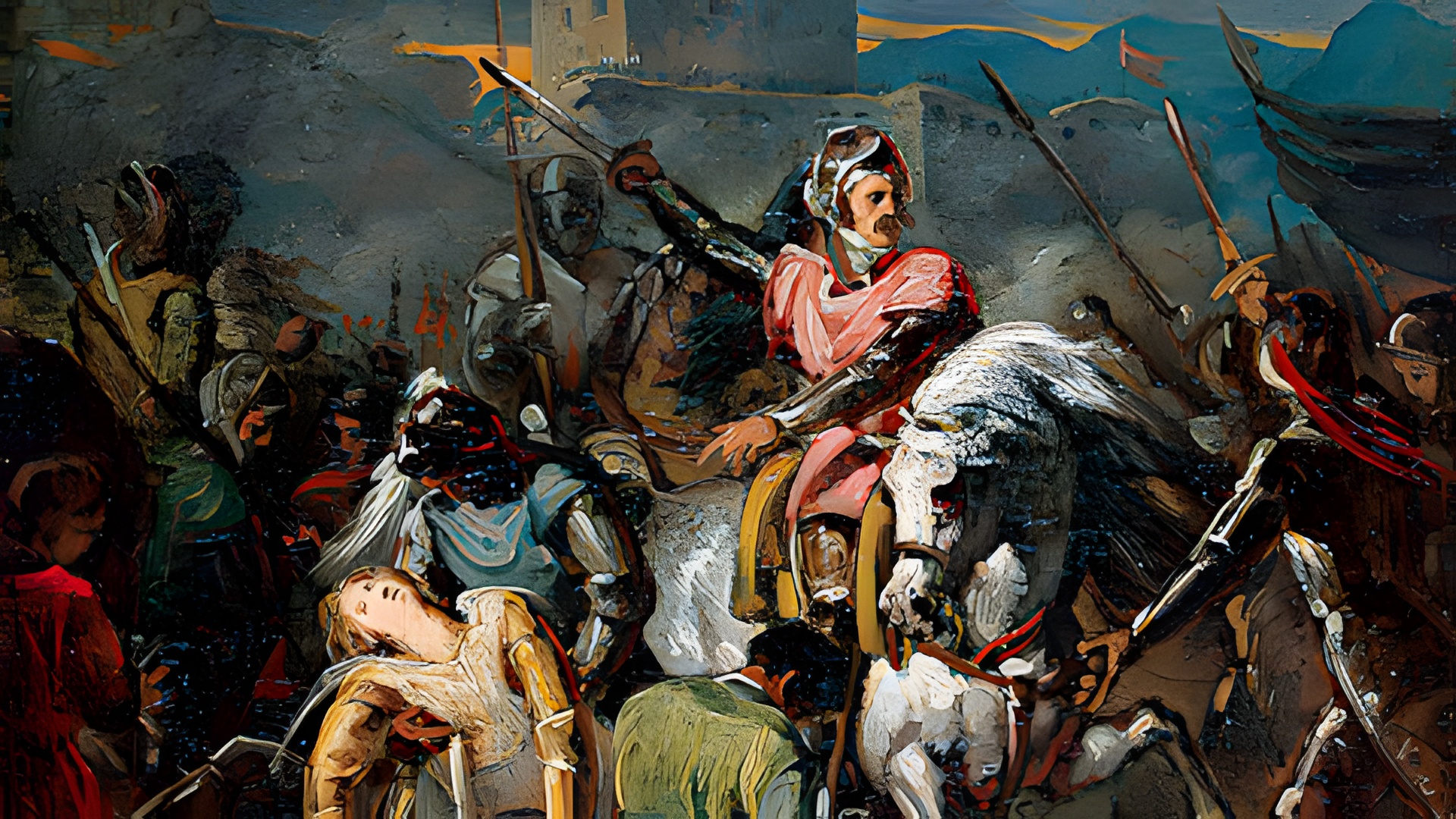
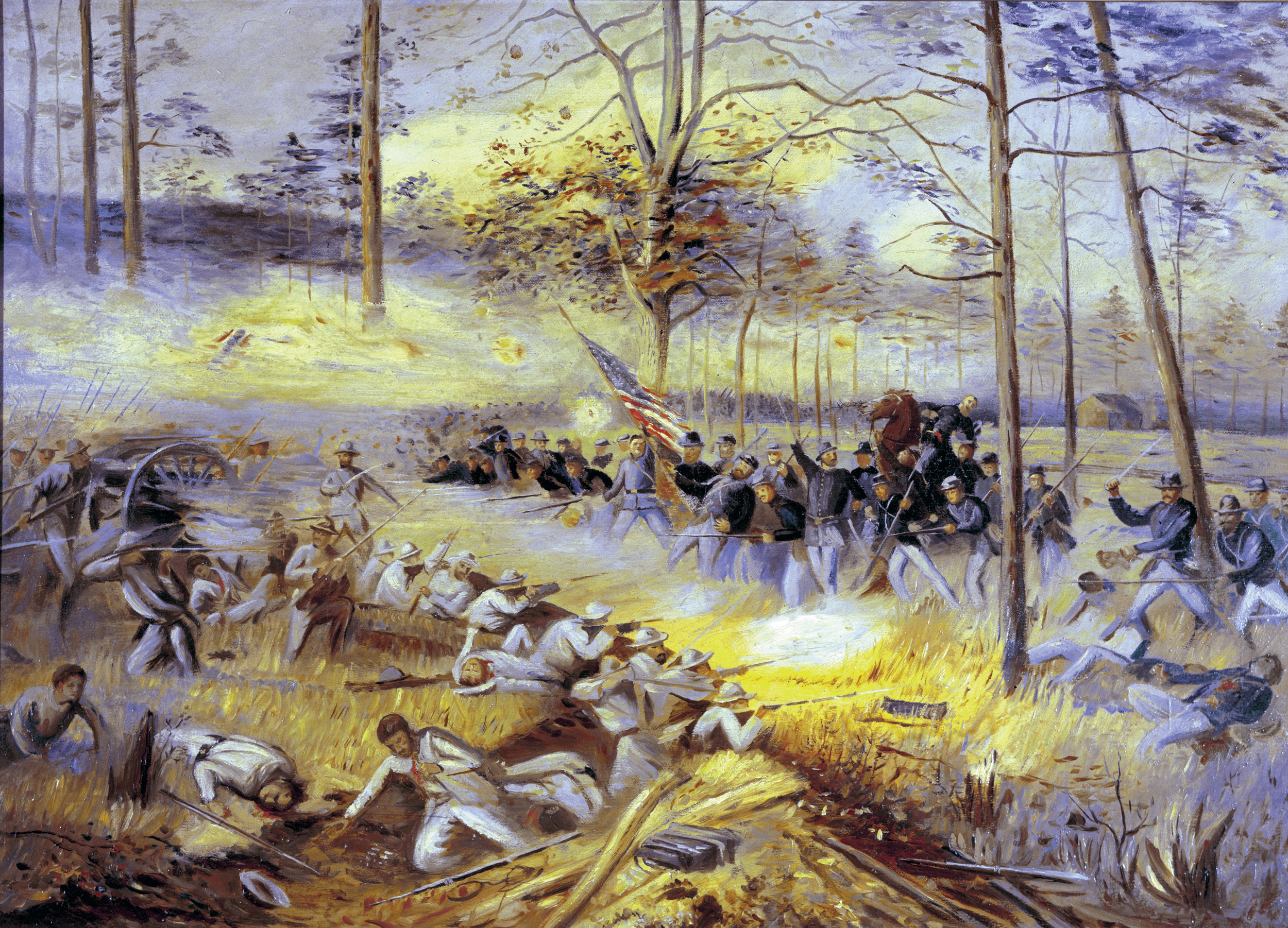
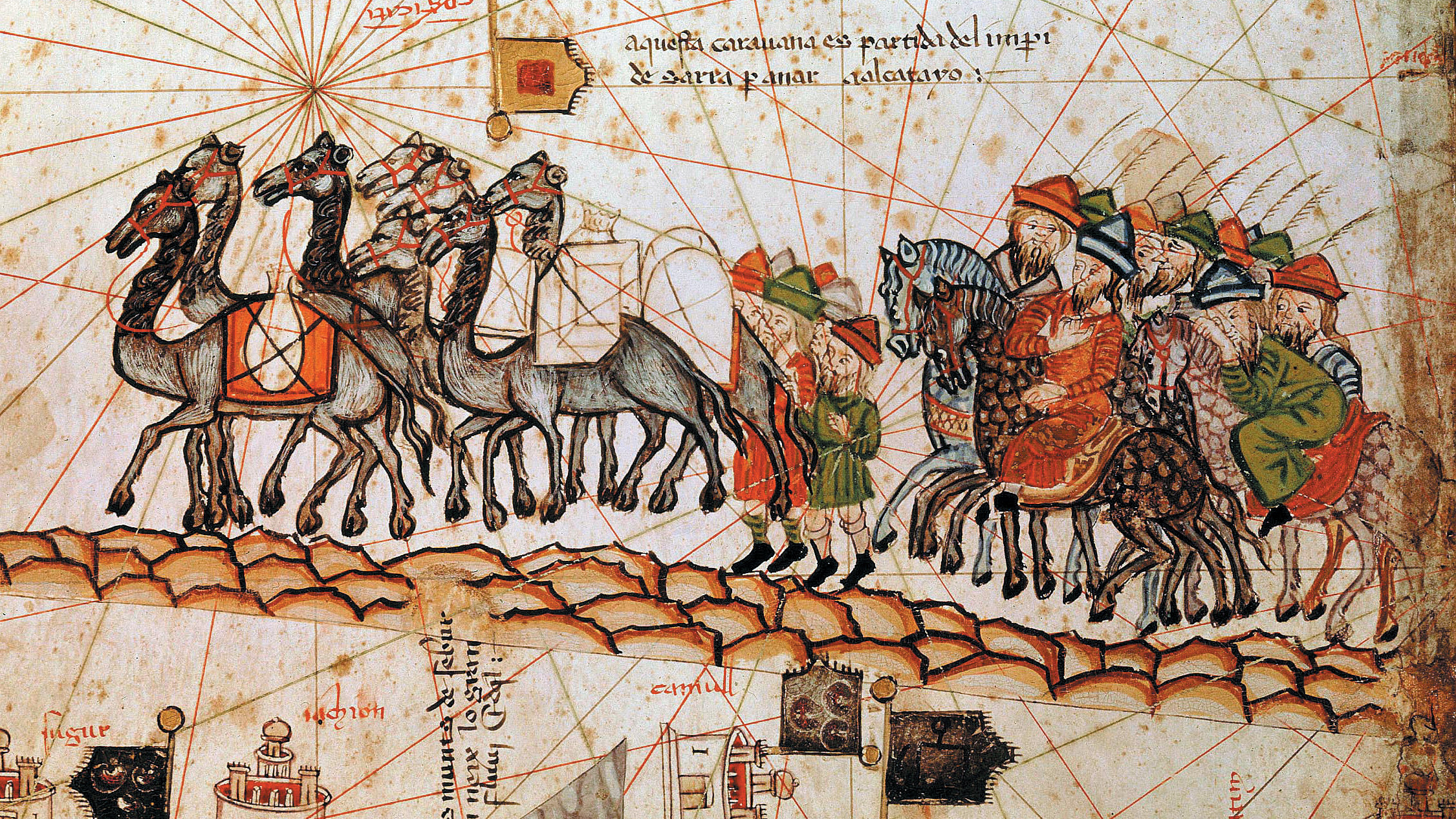
Join The Conversation
Comments
View All Comments